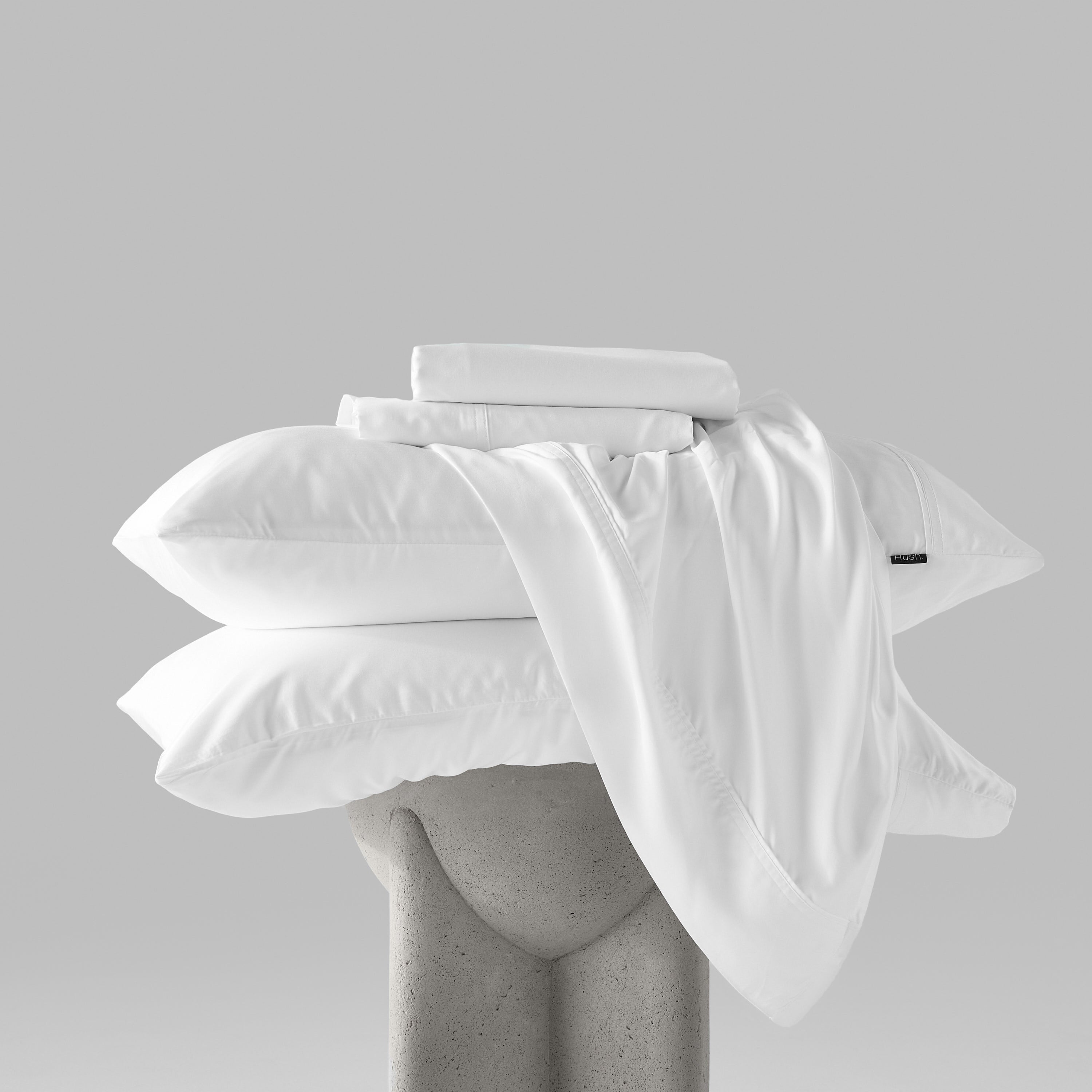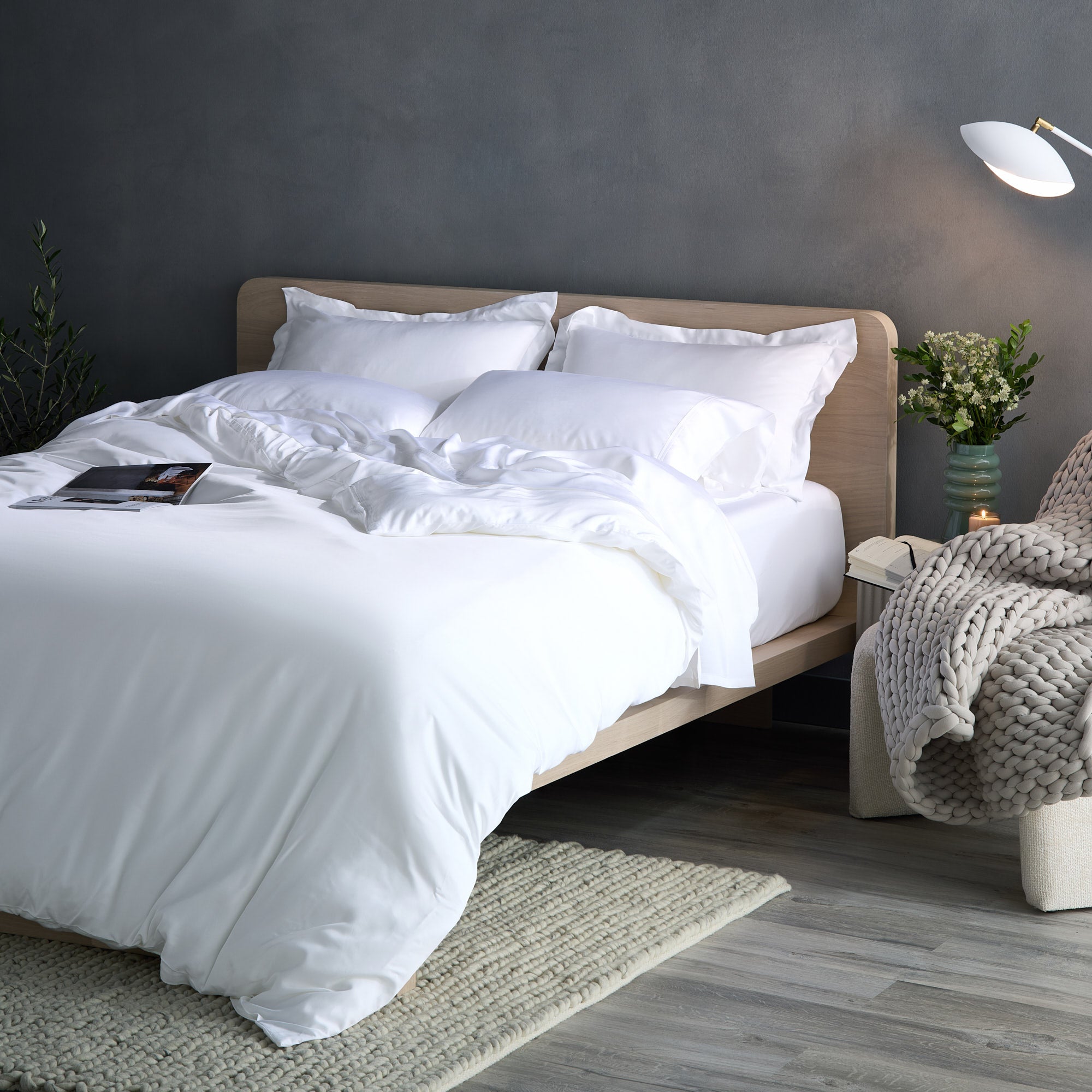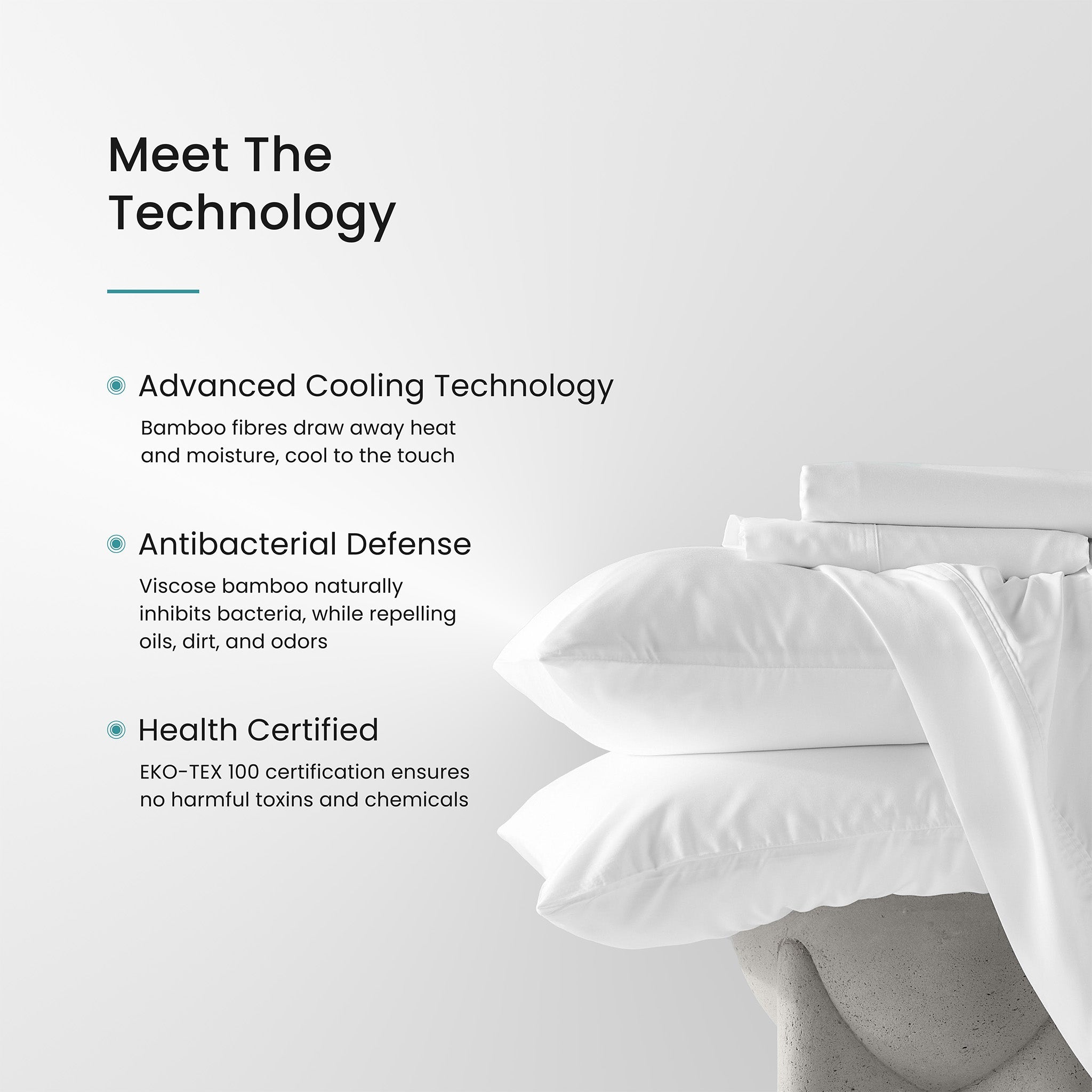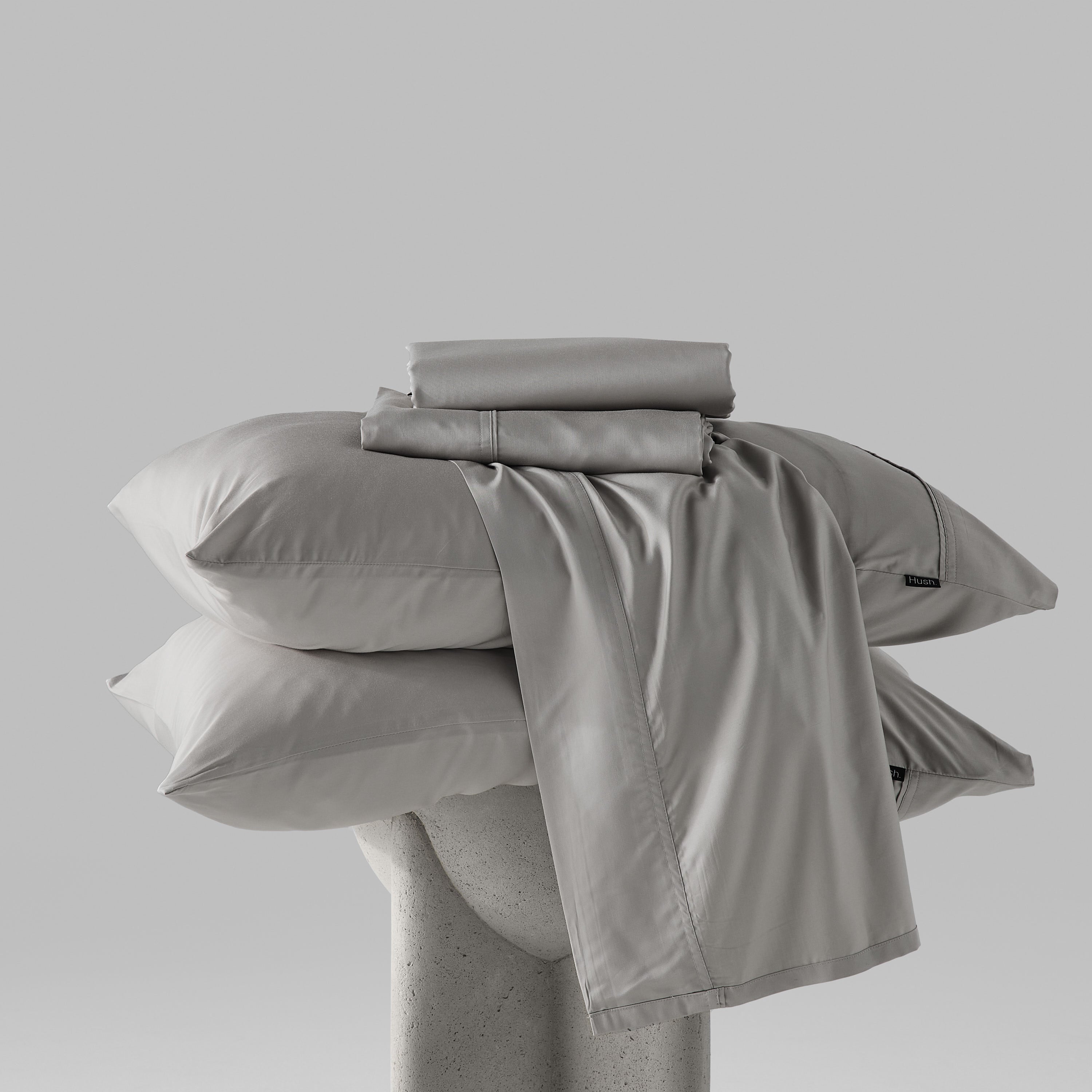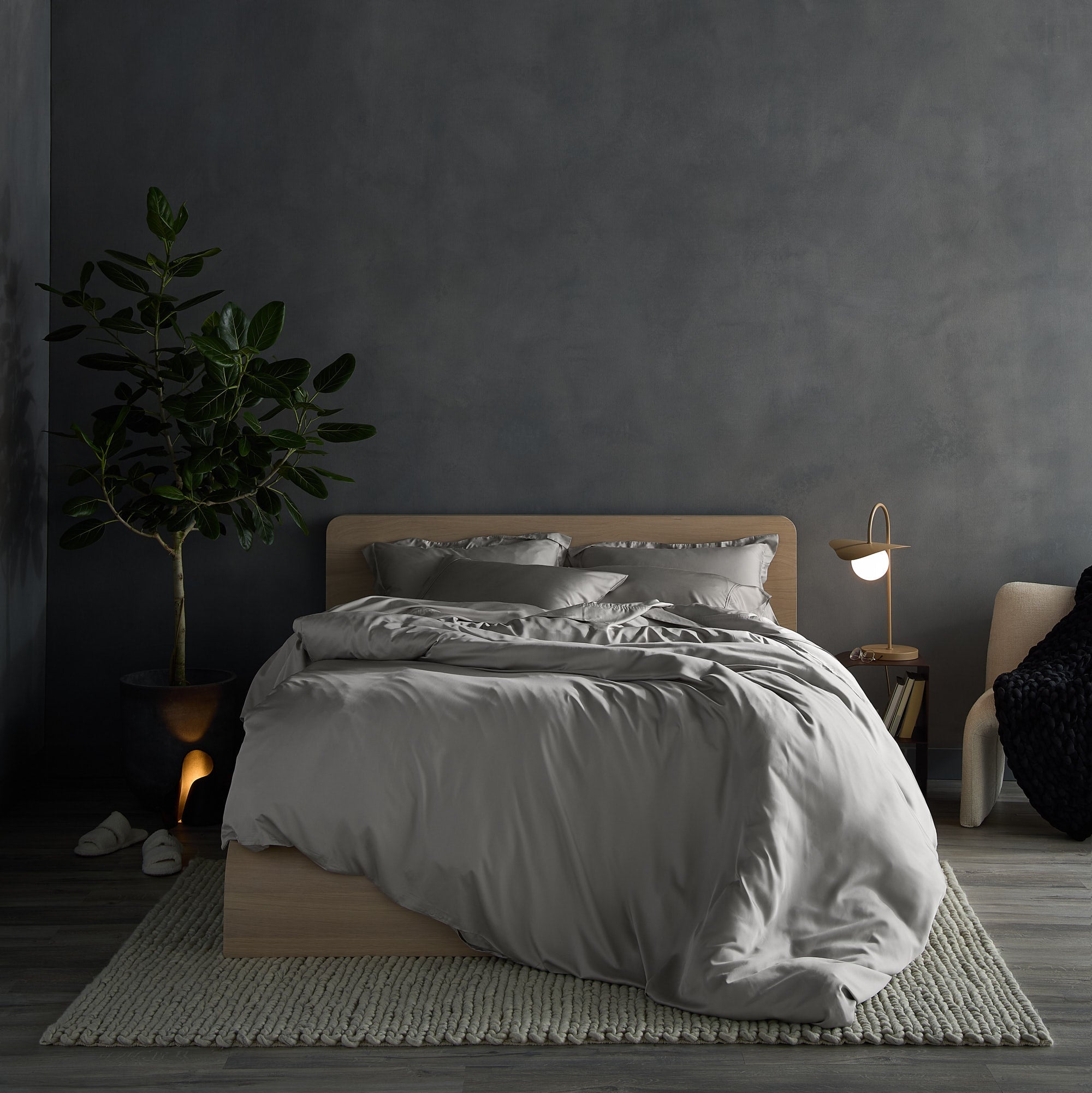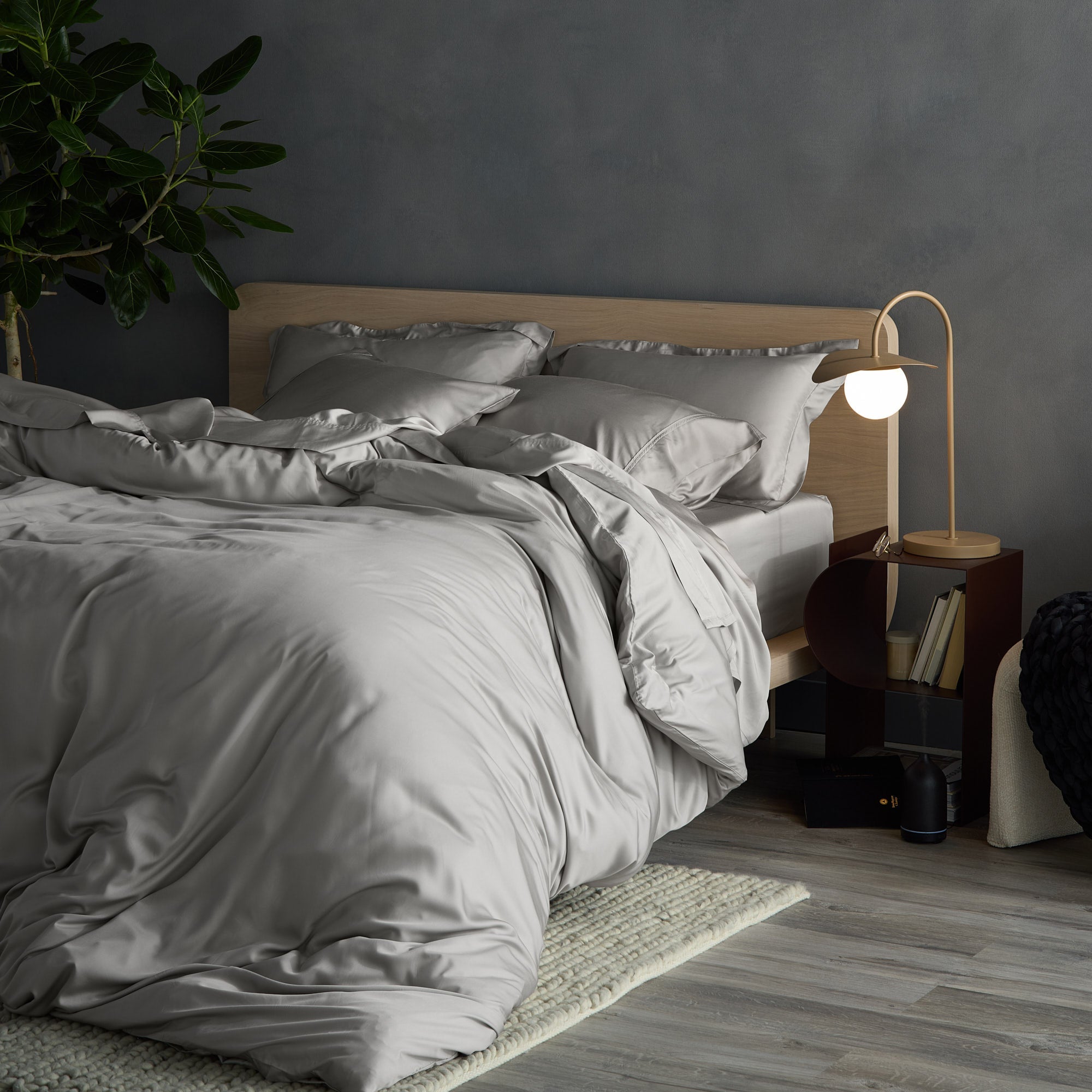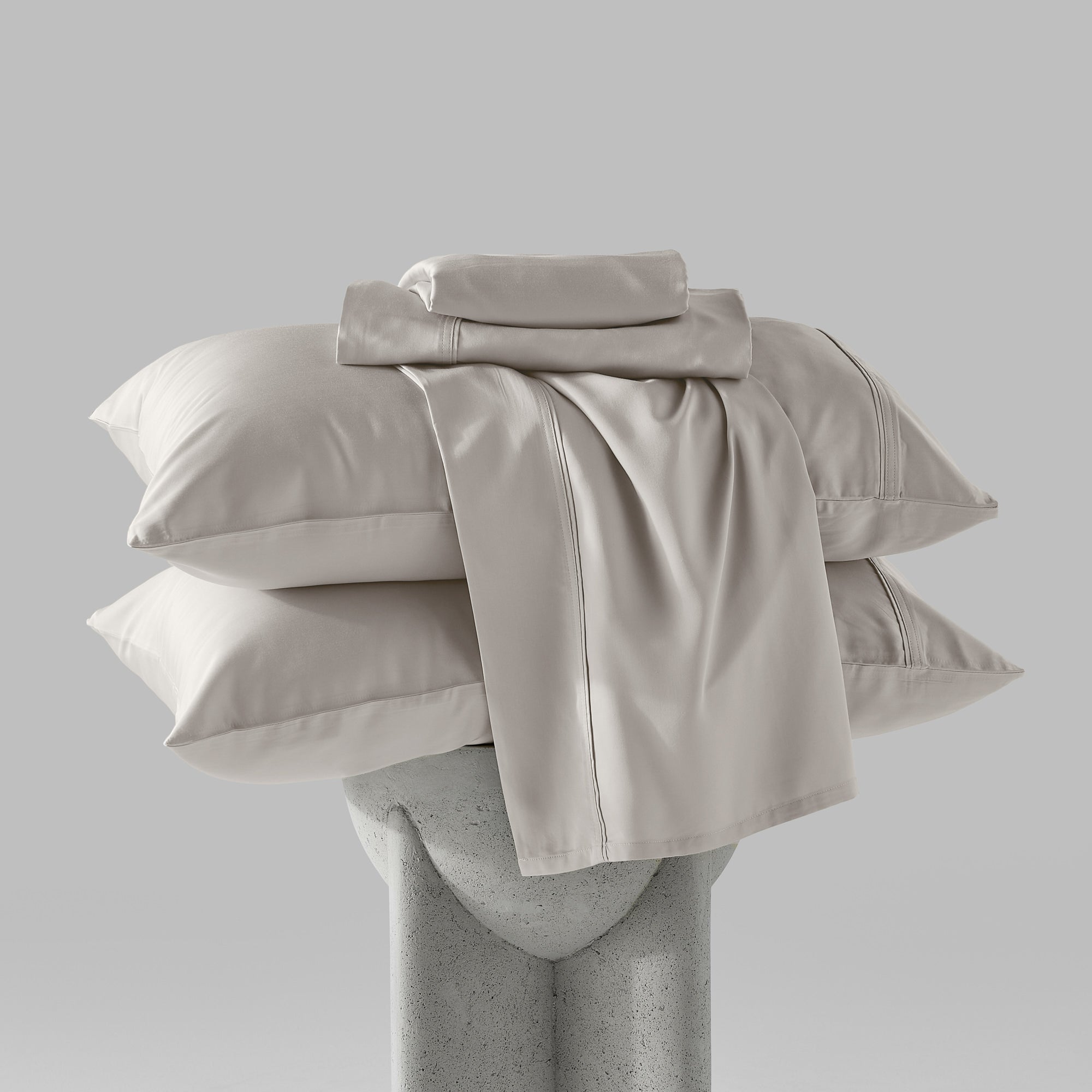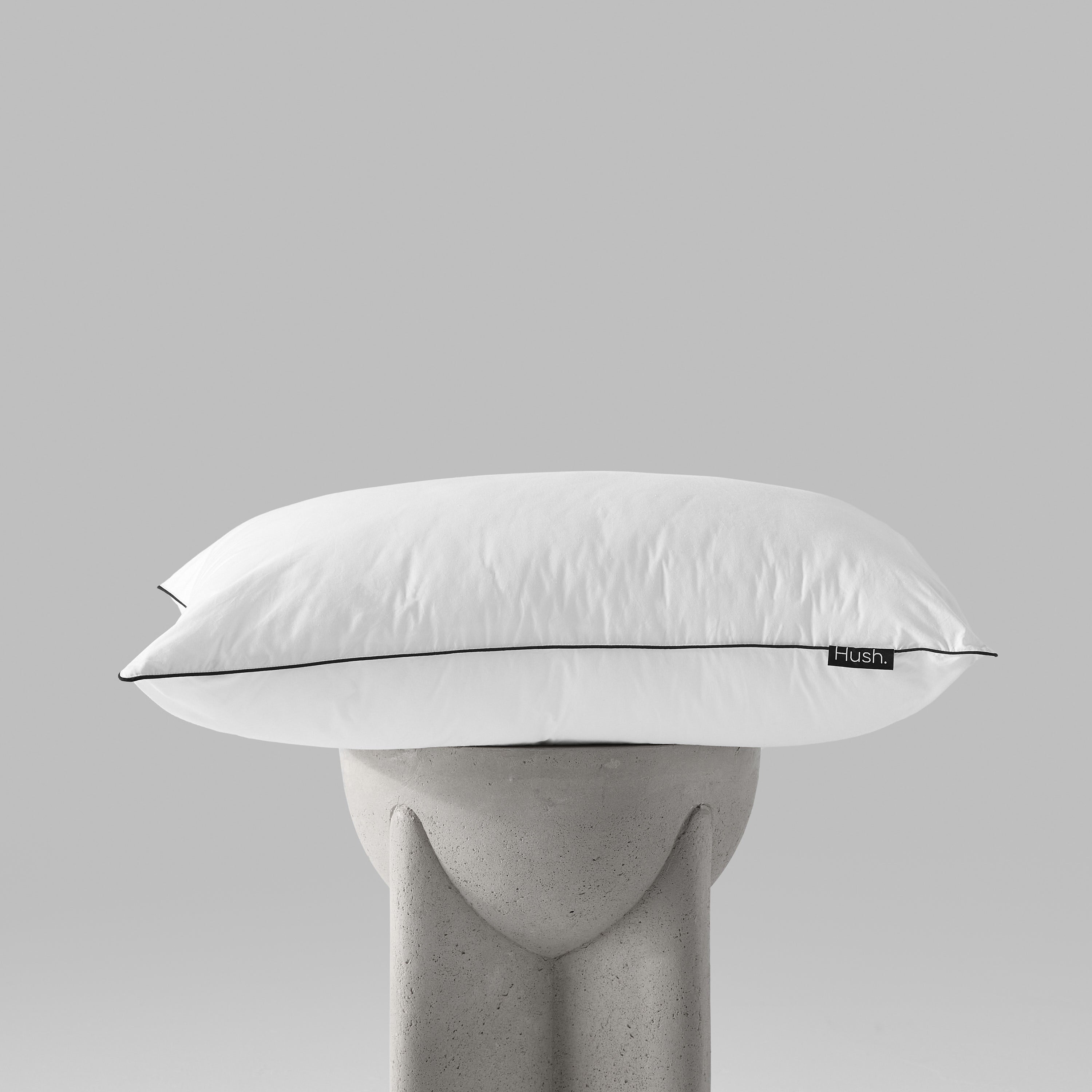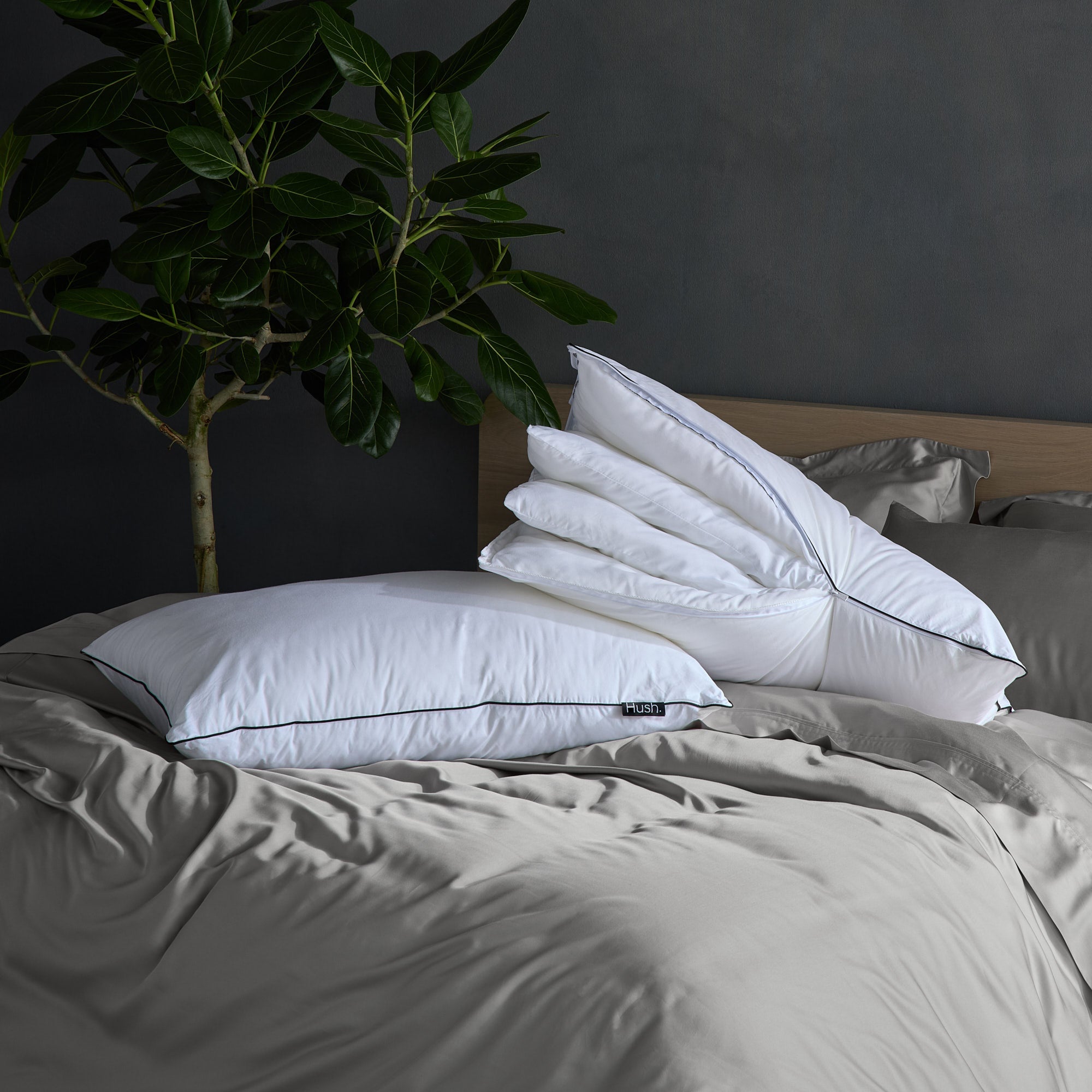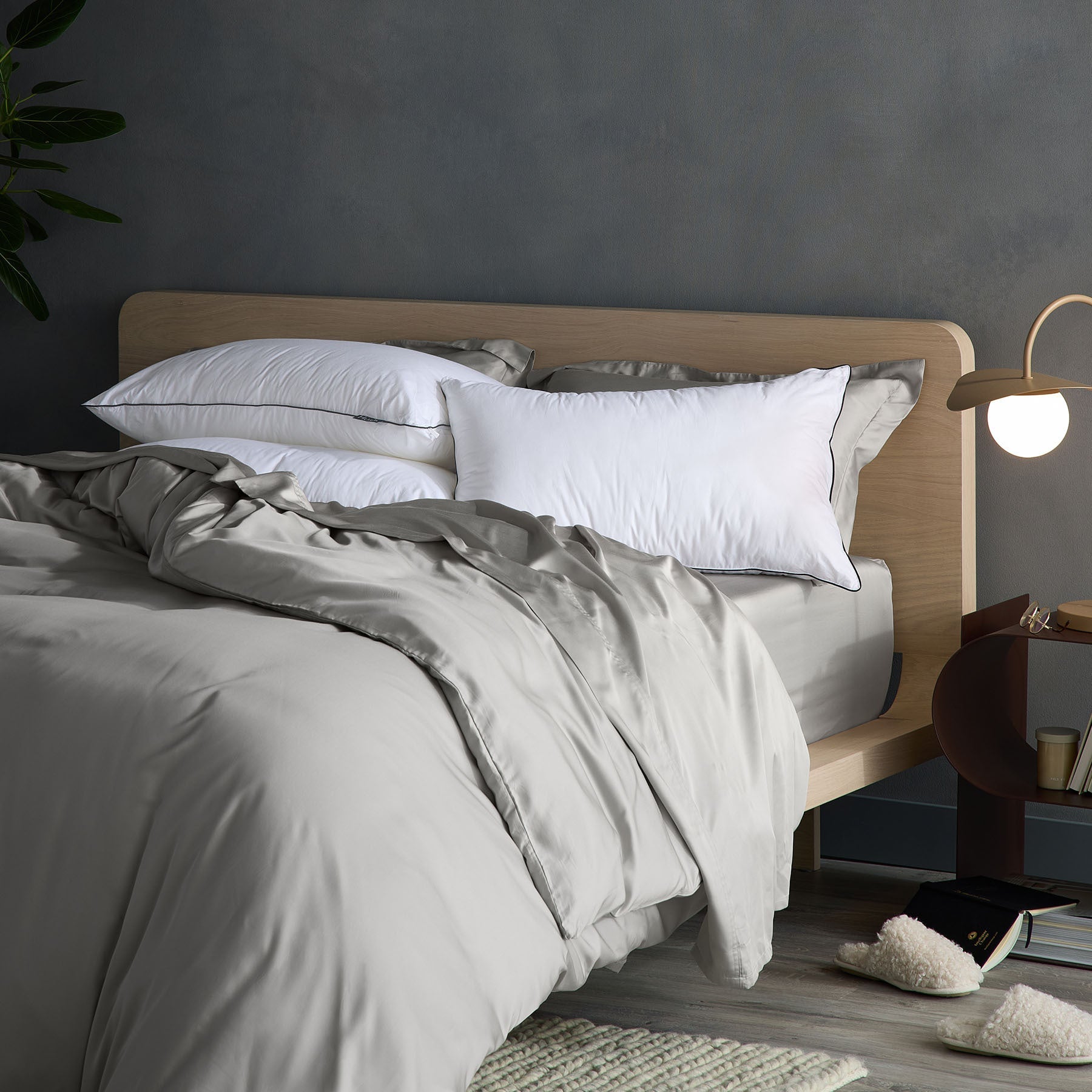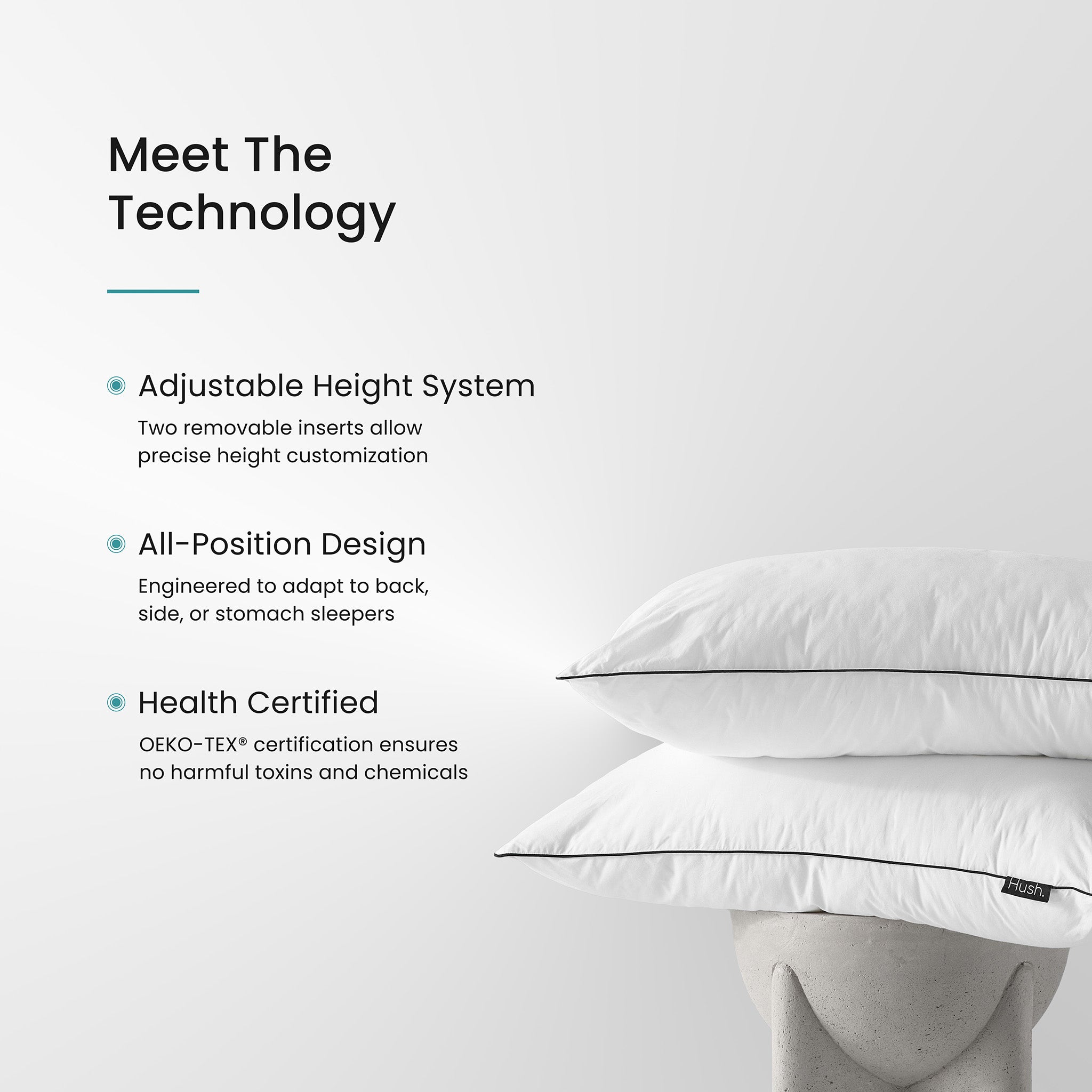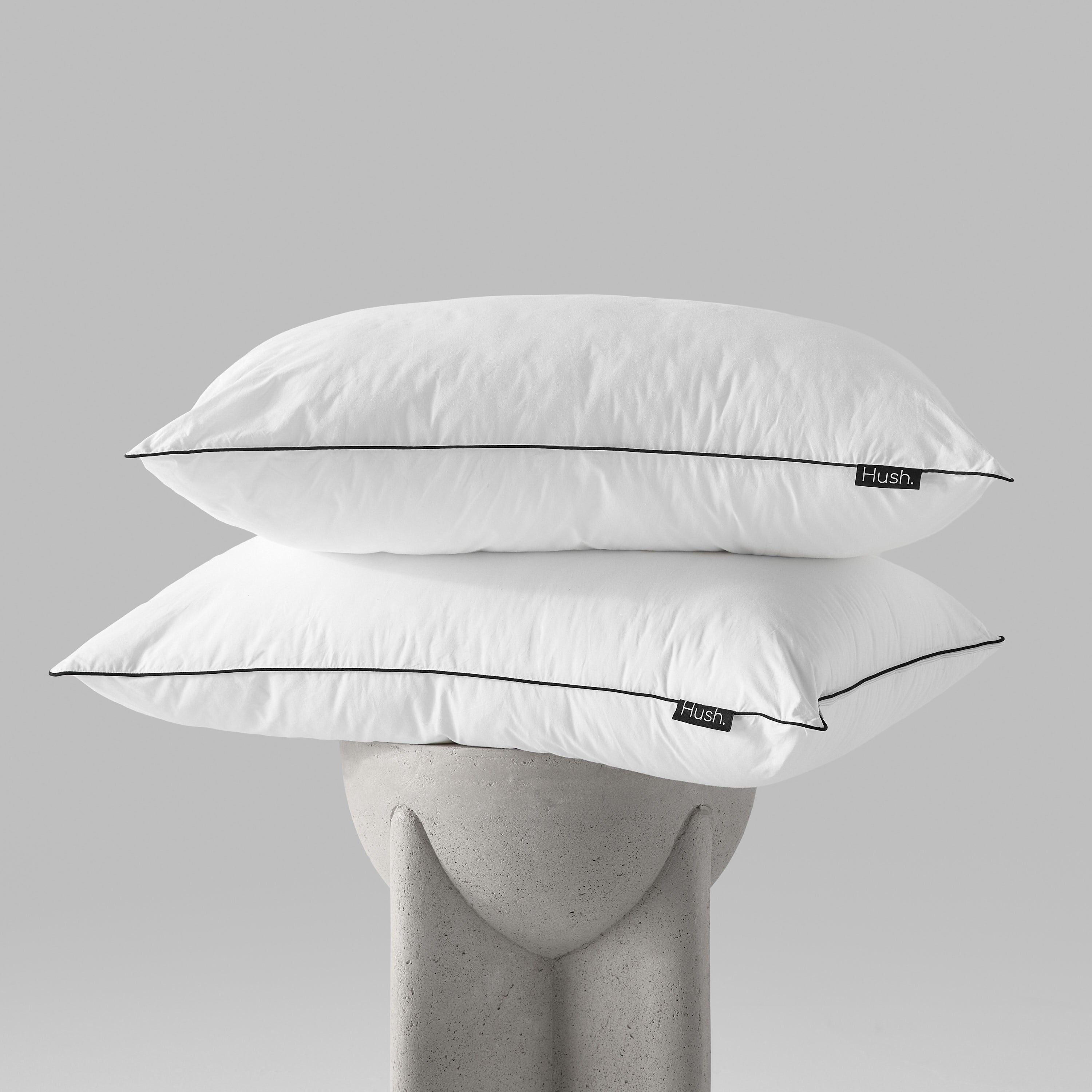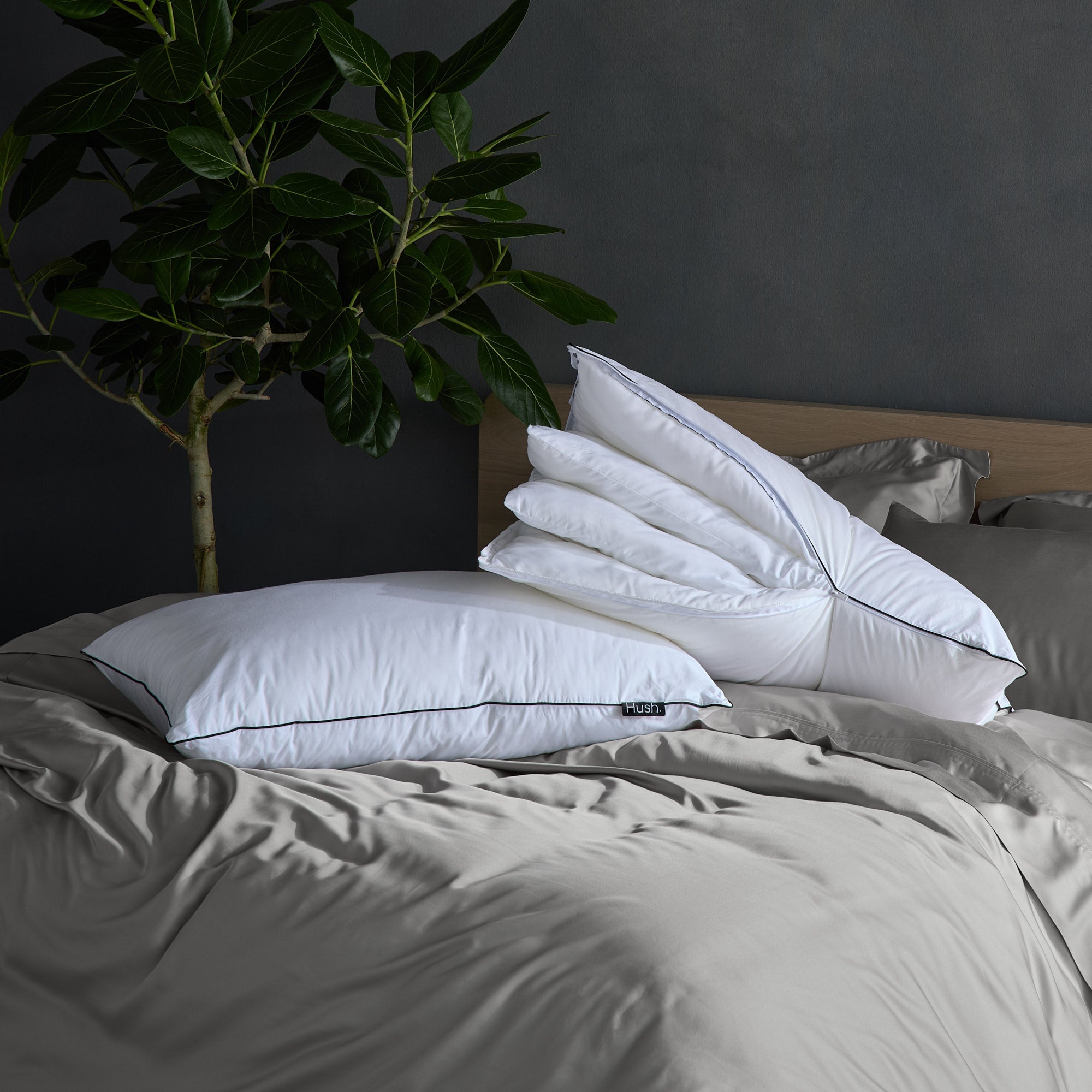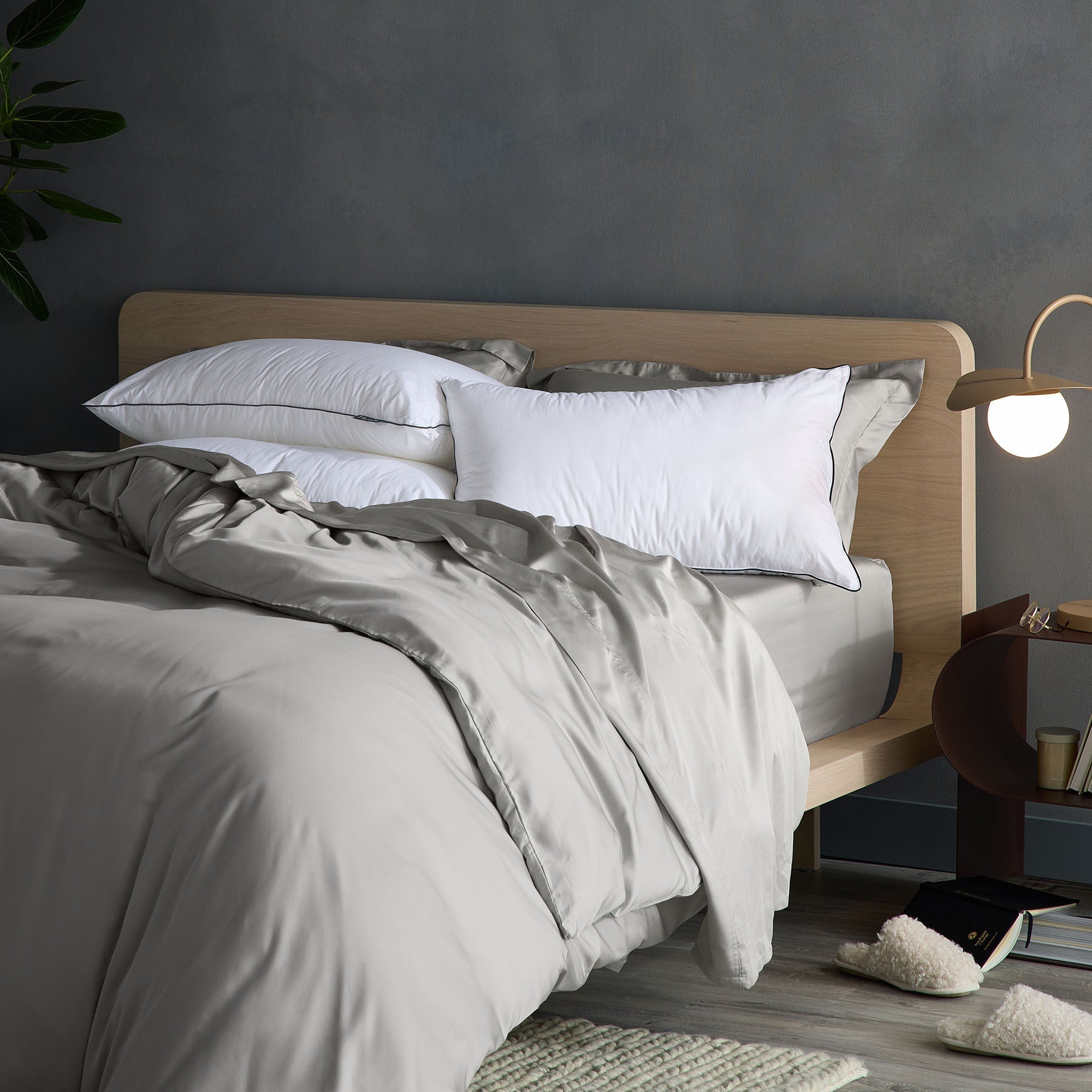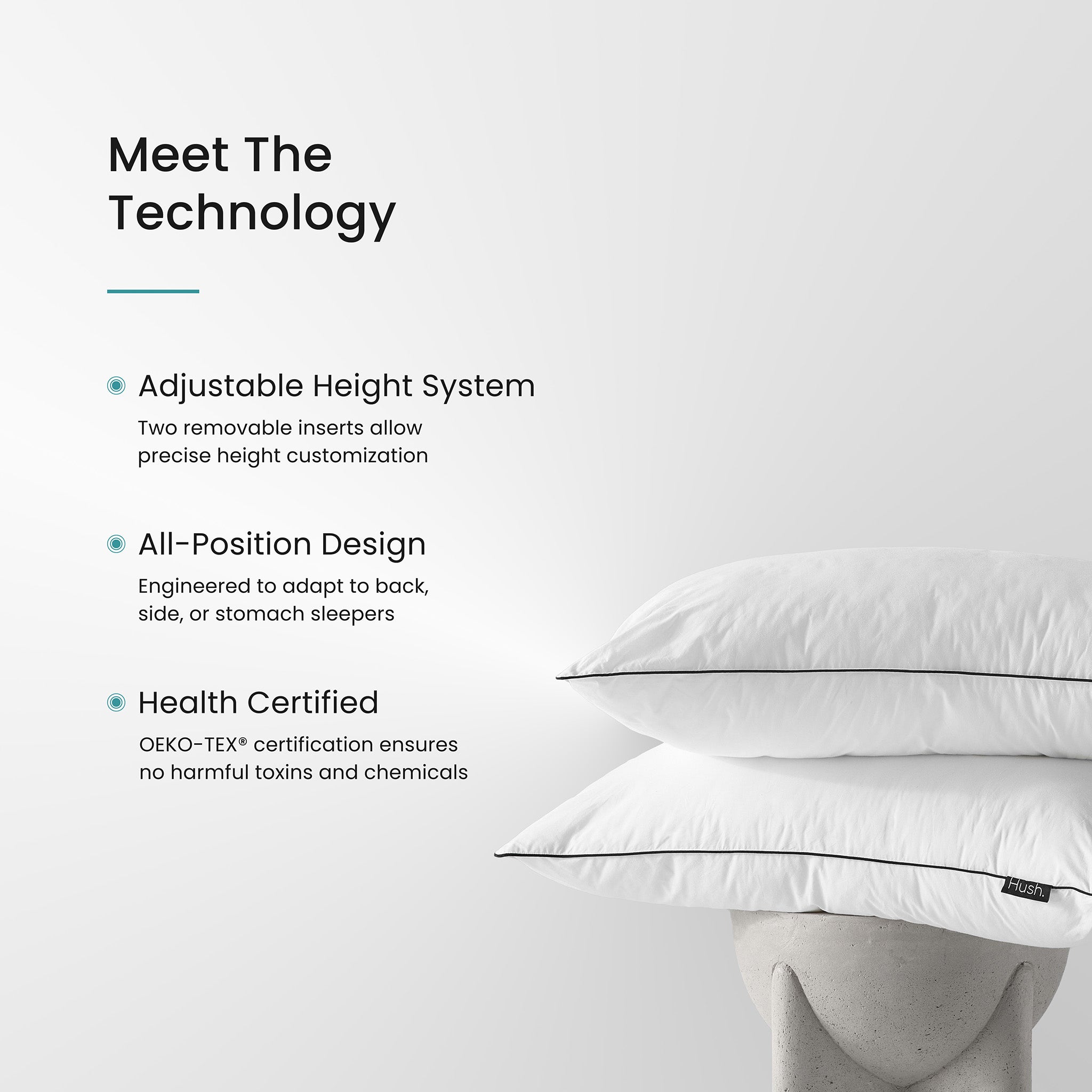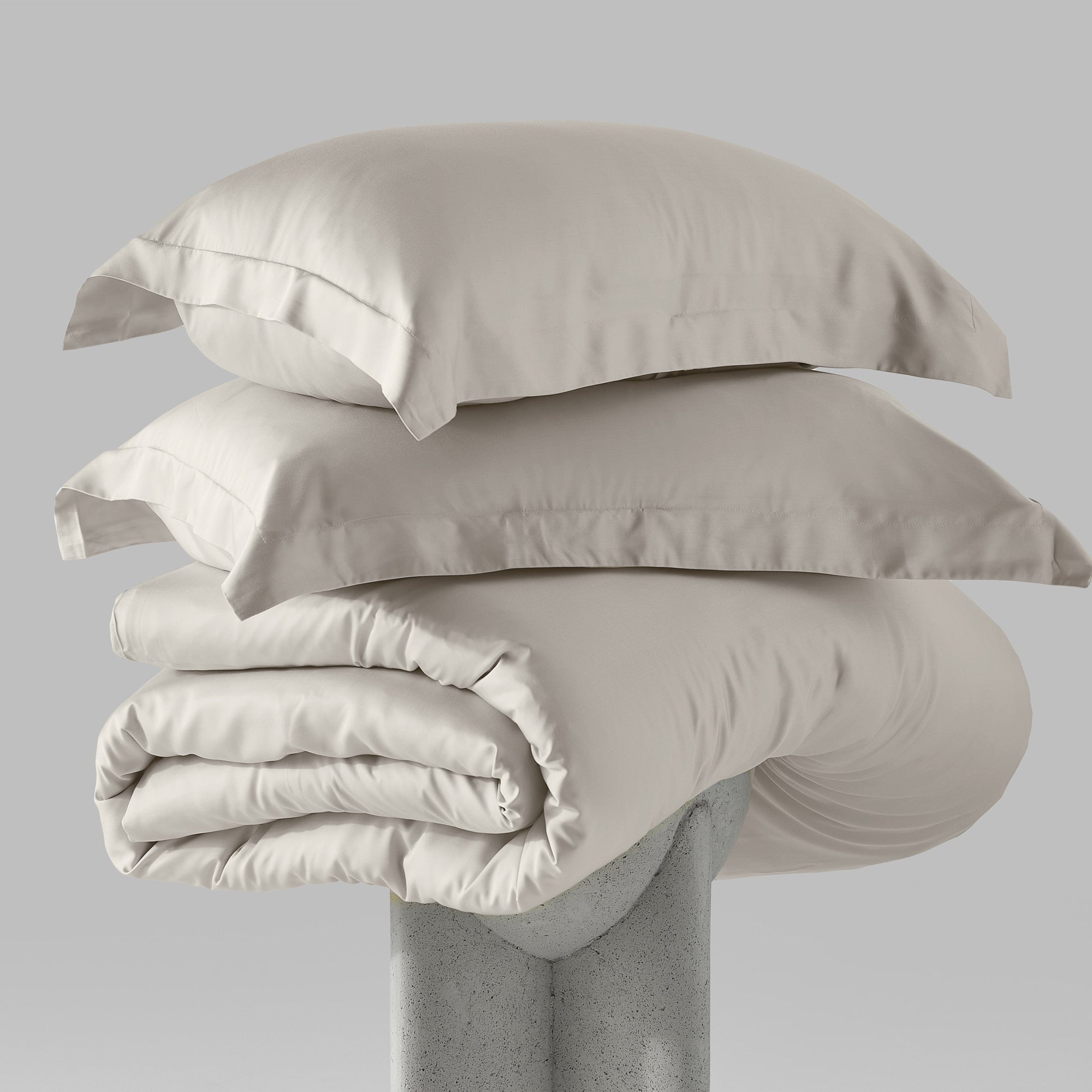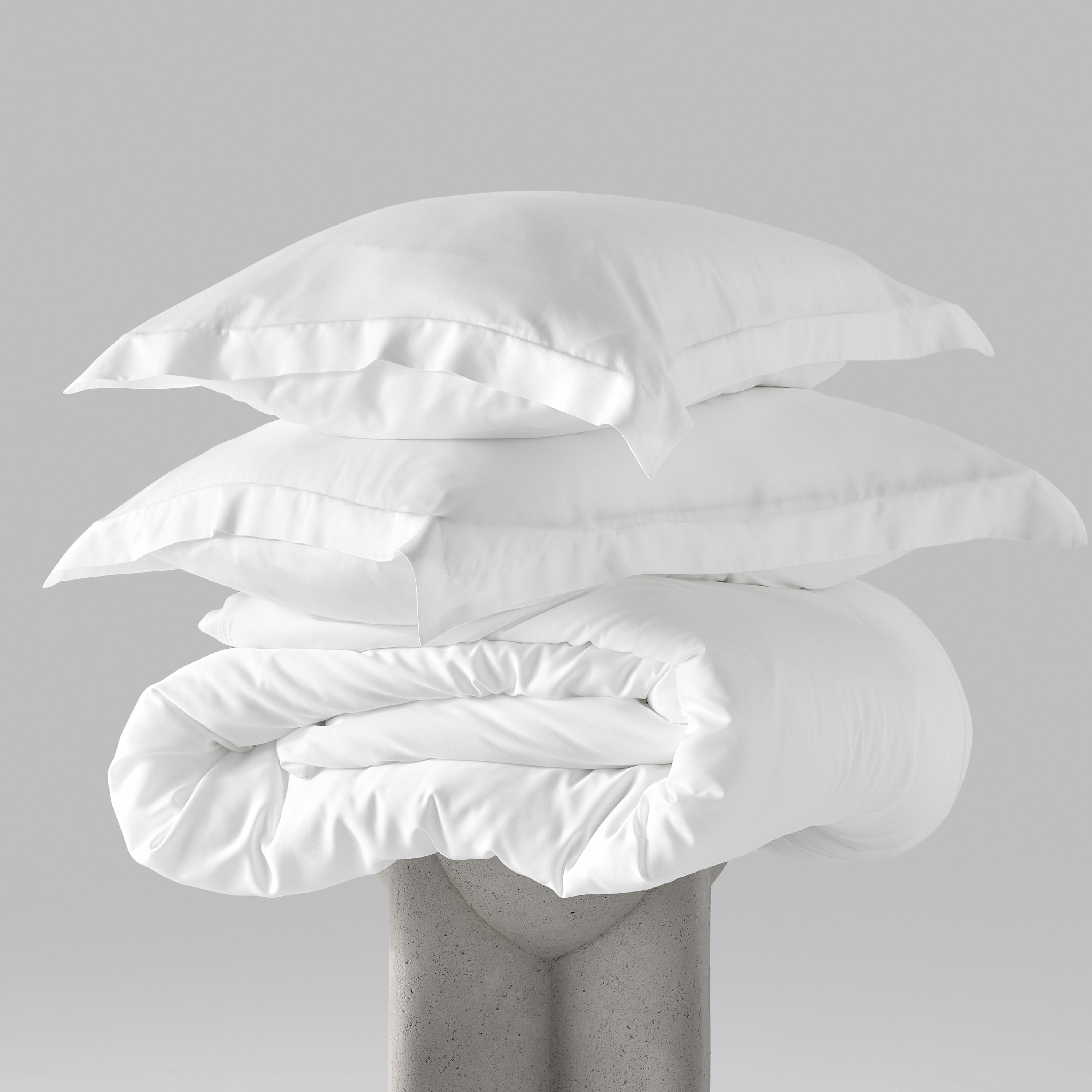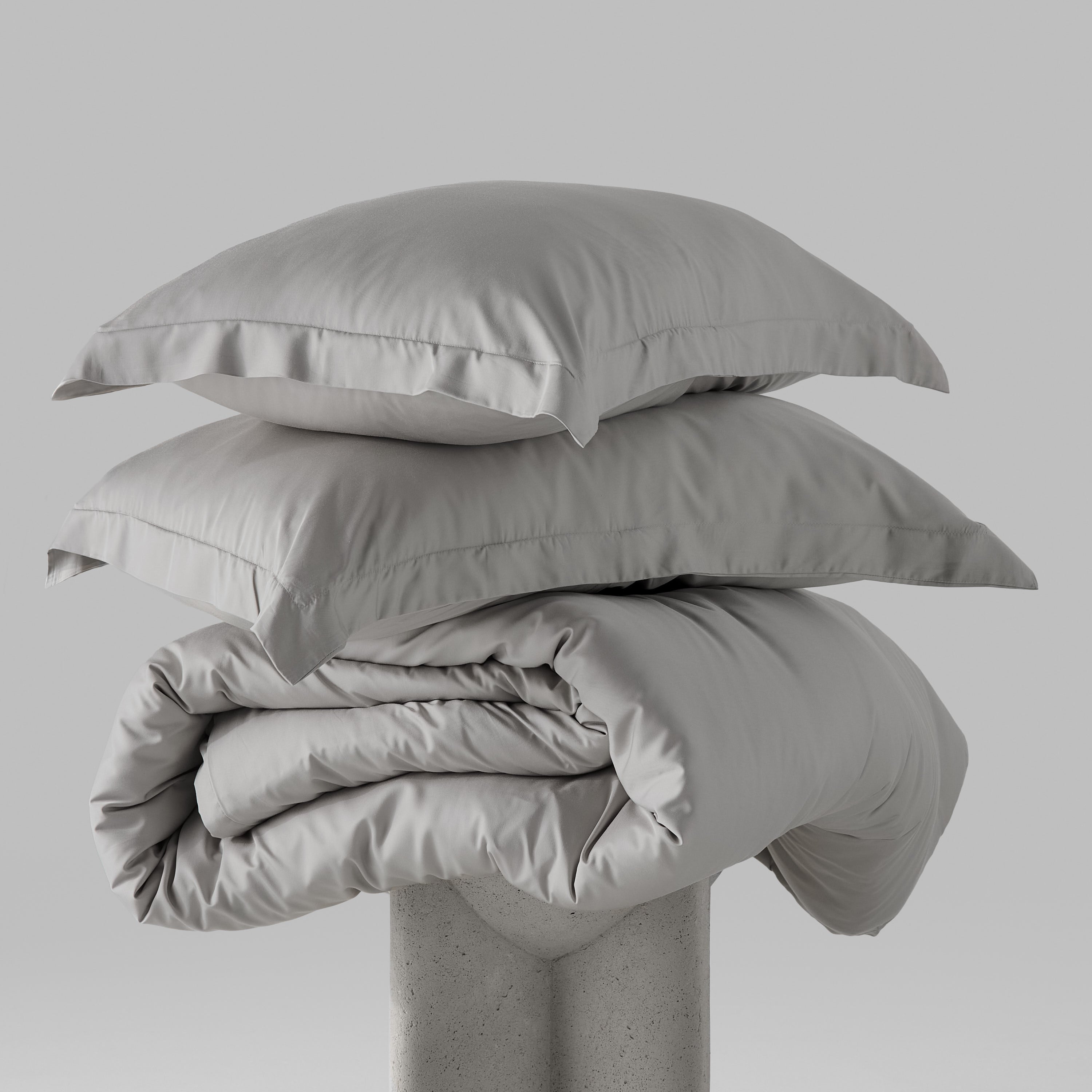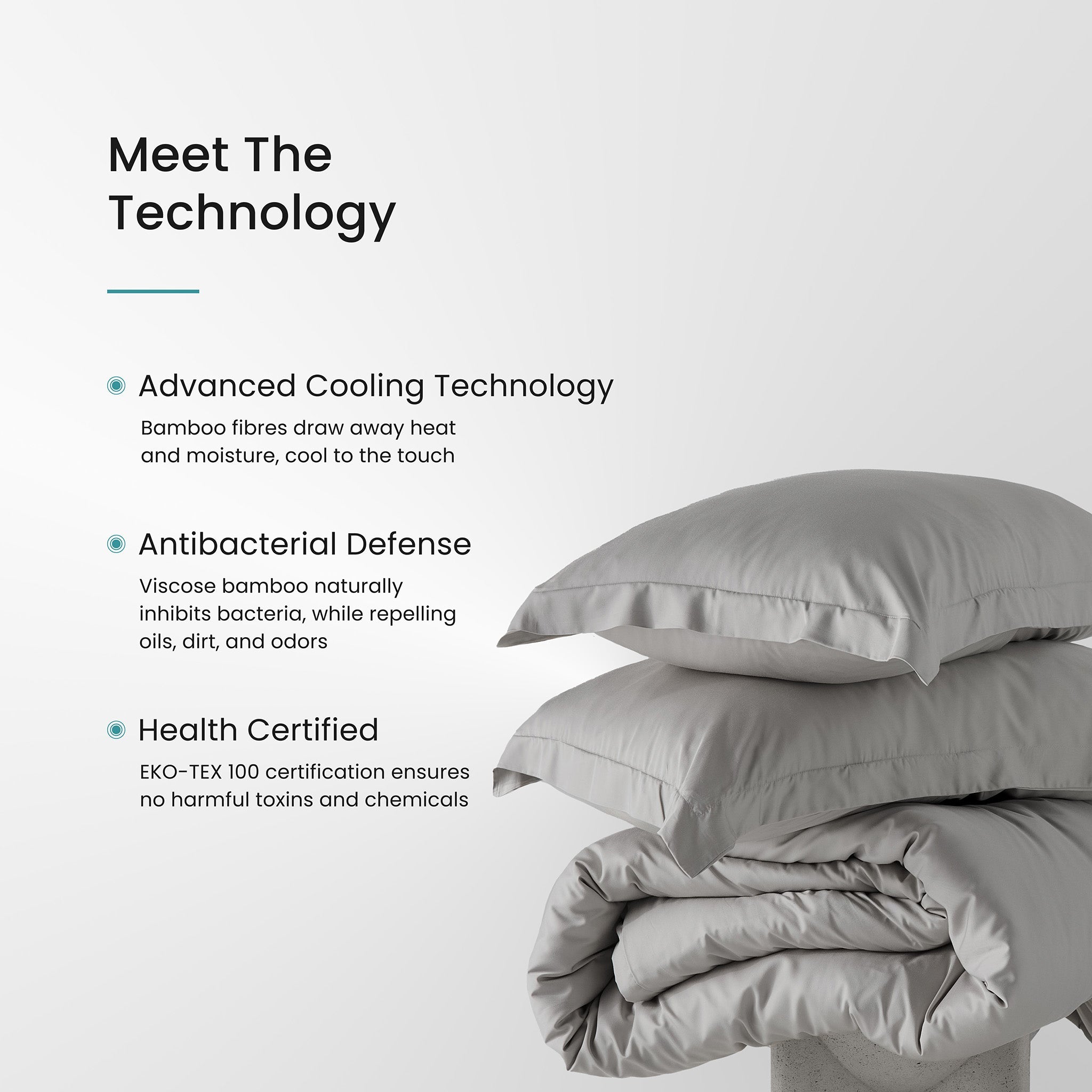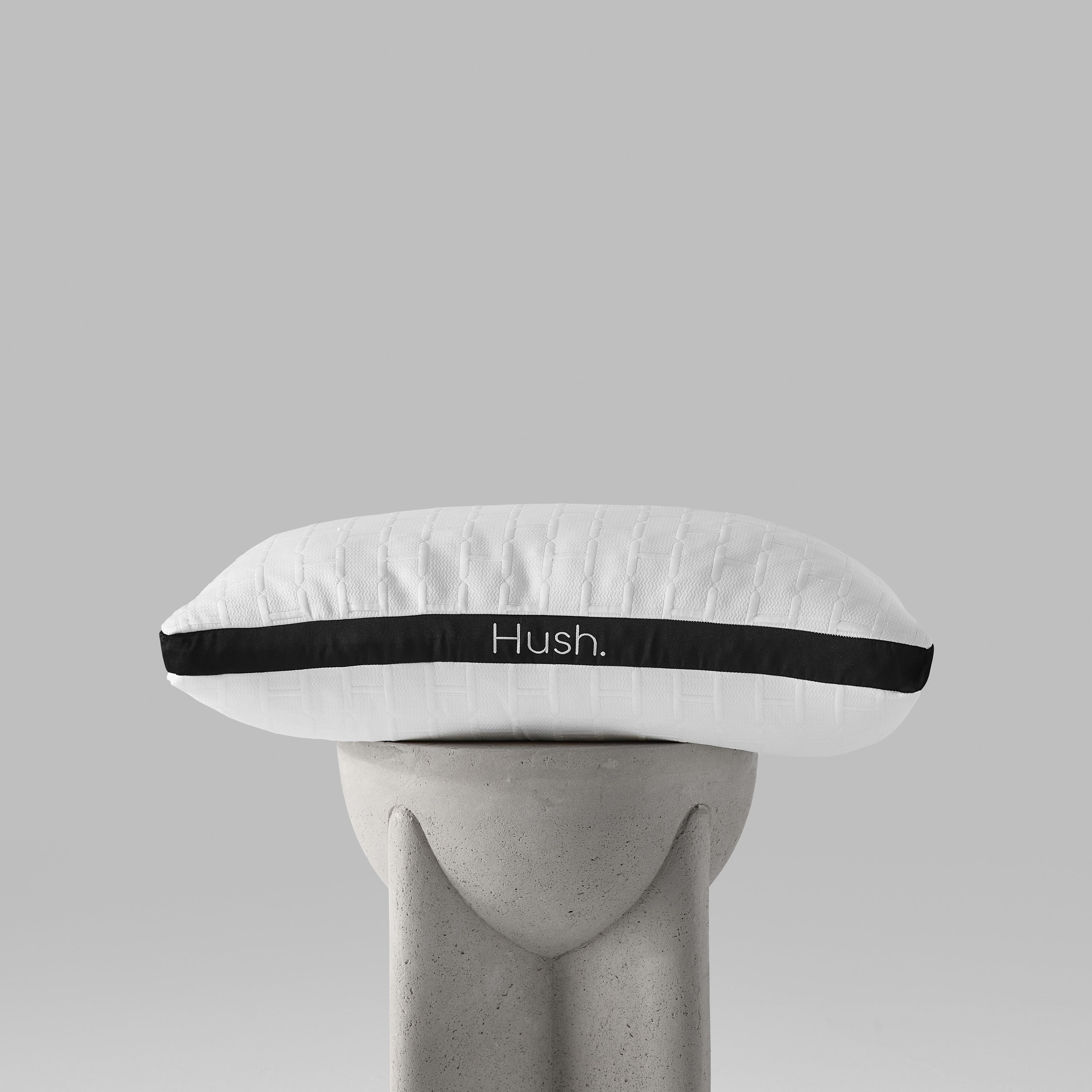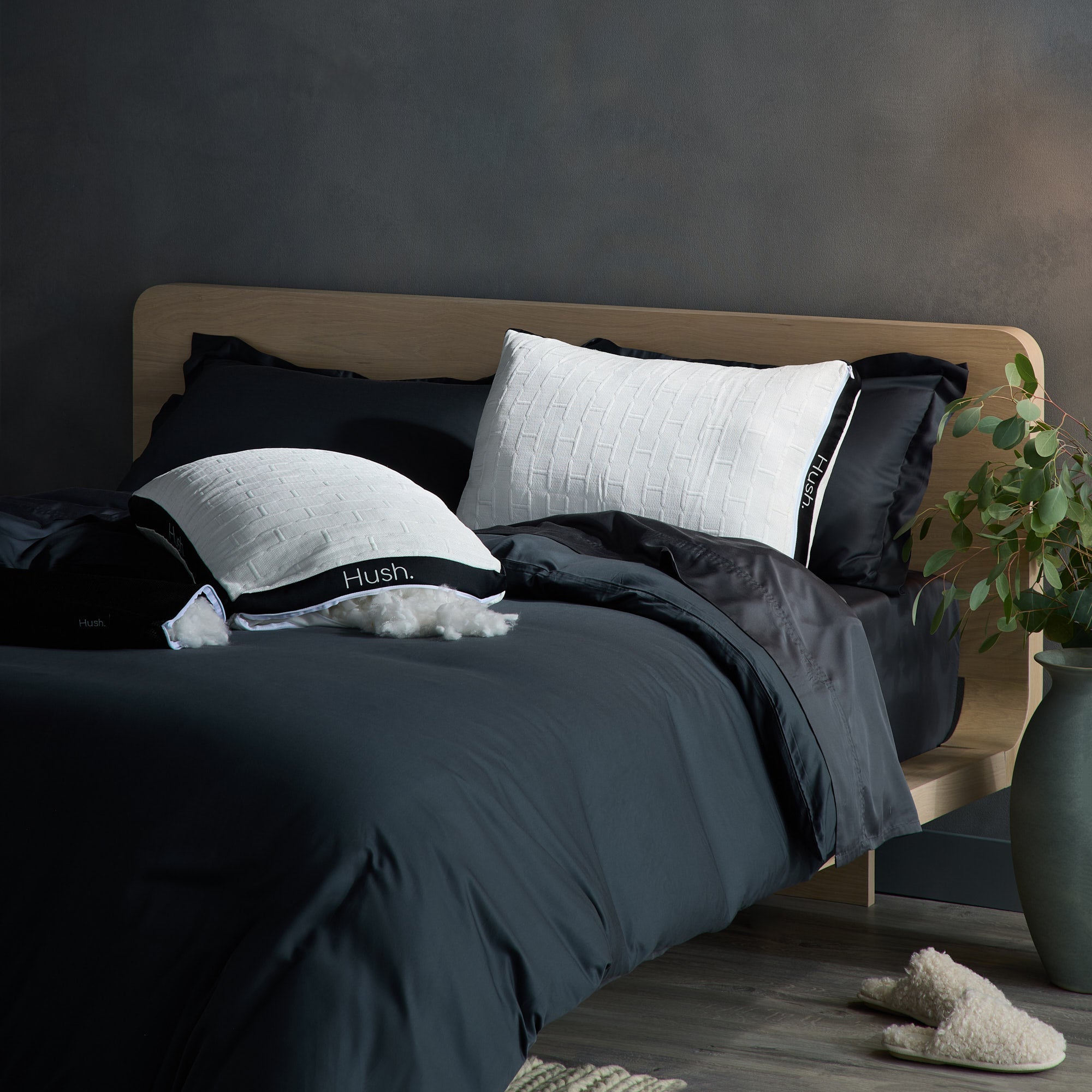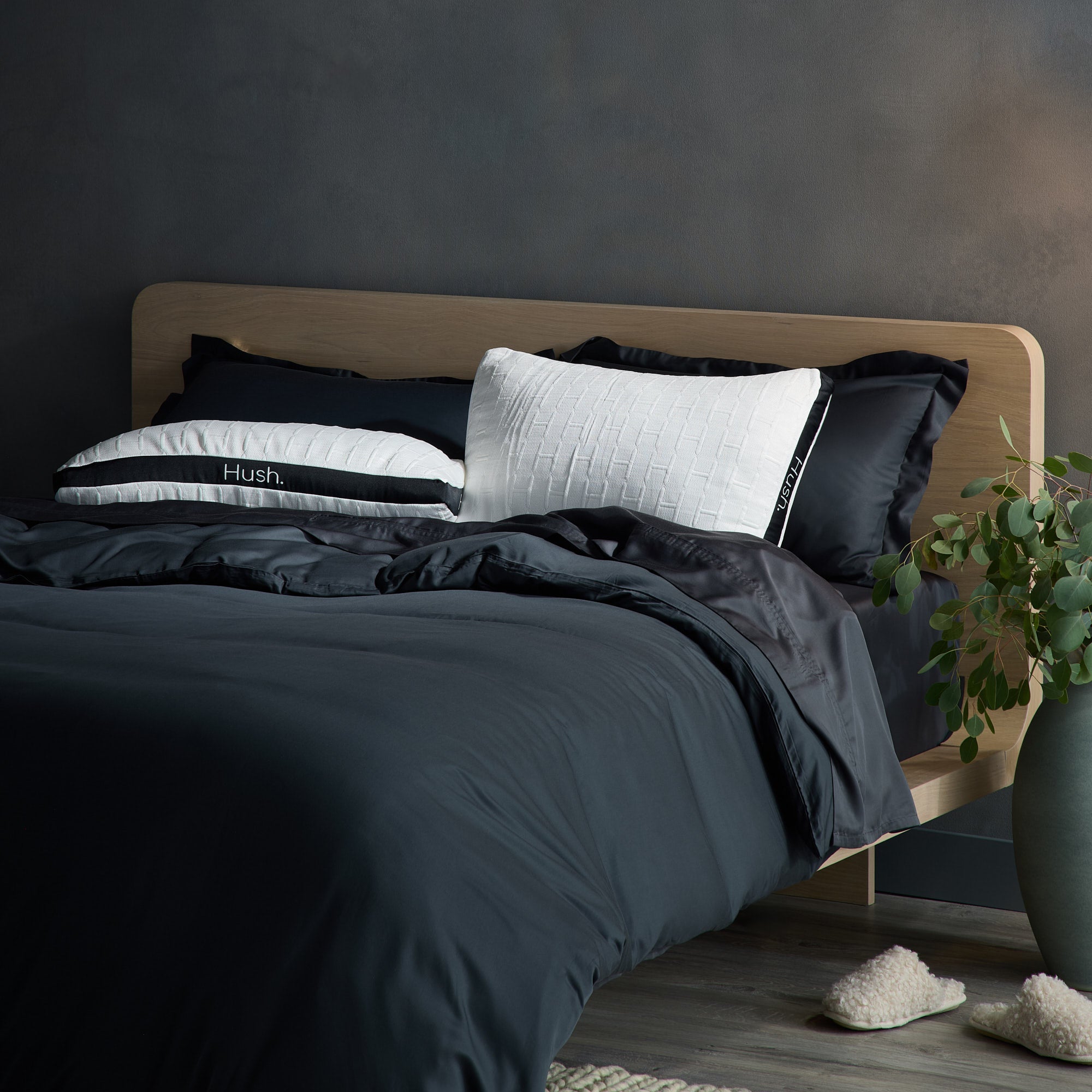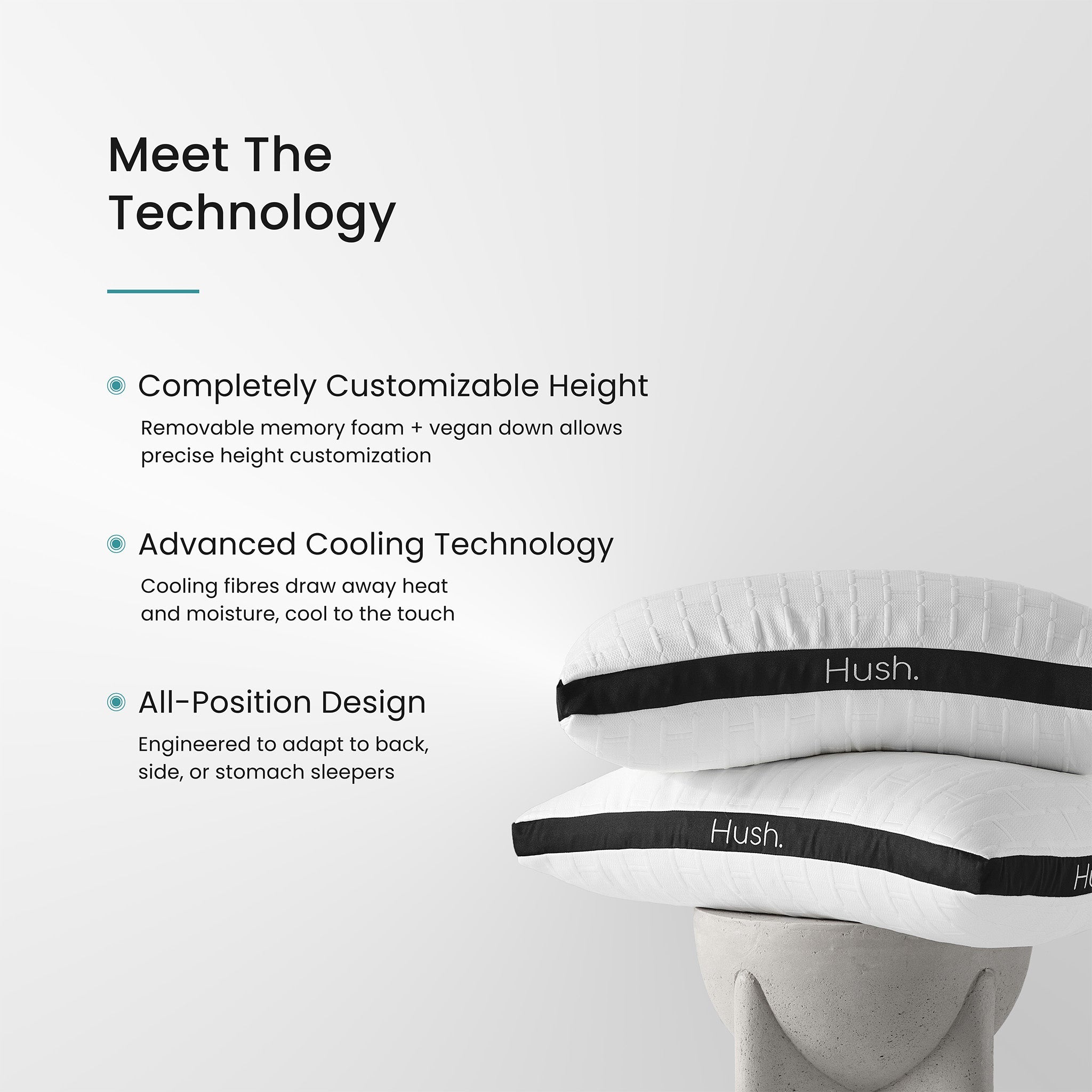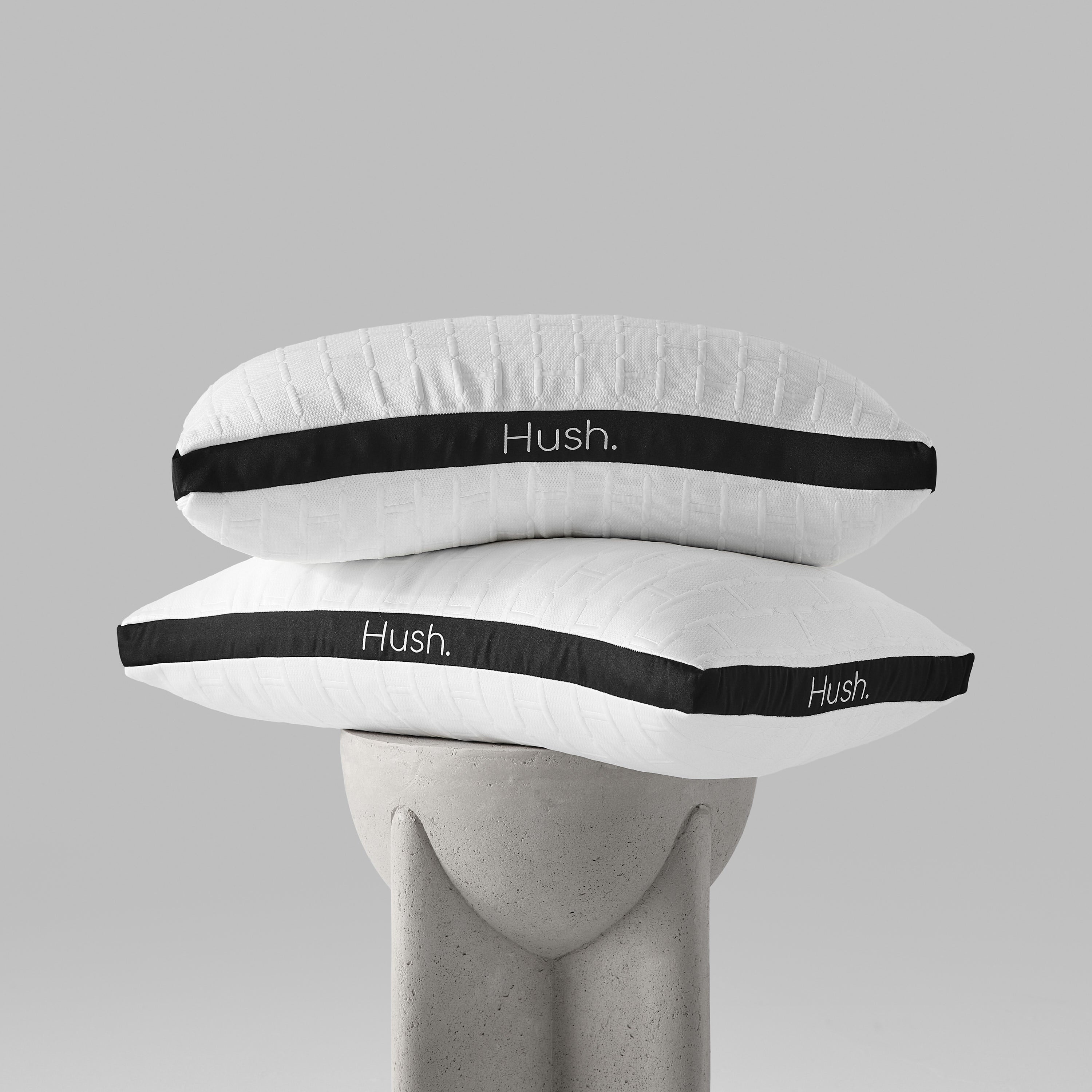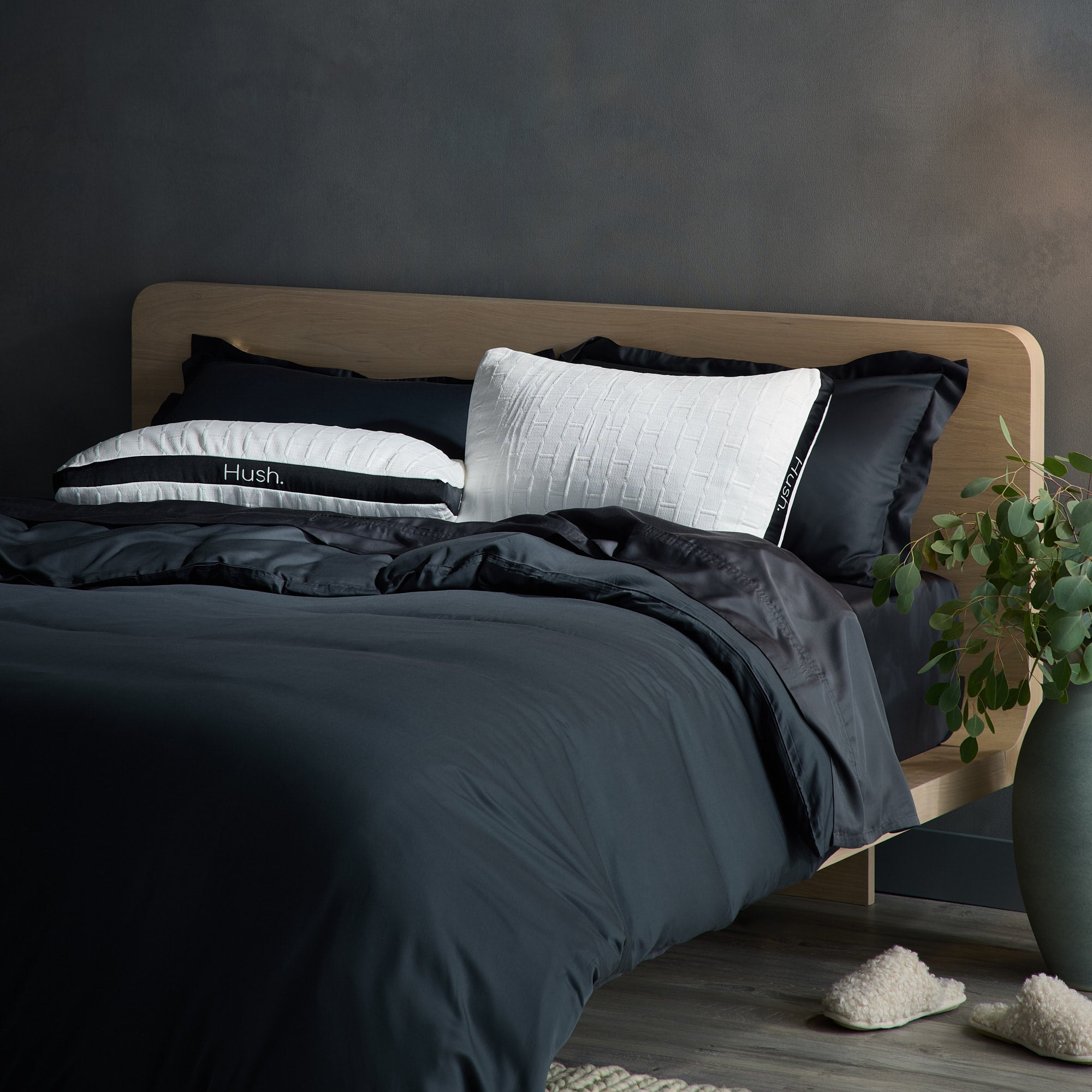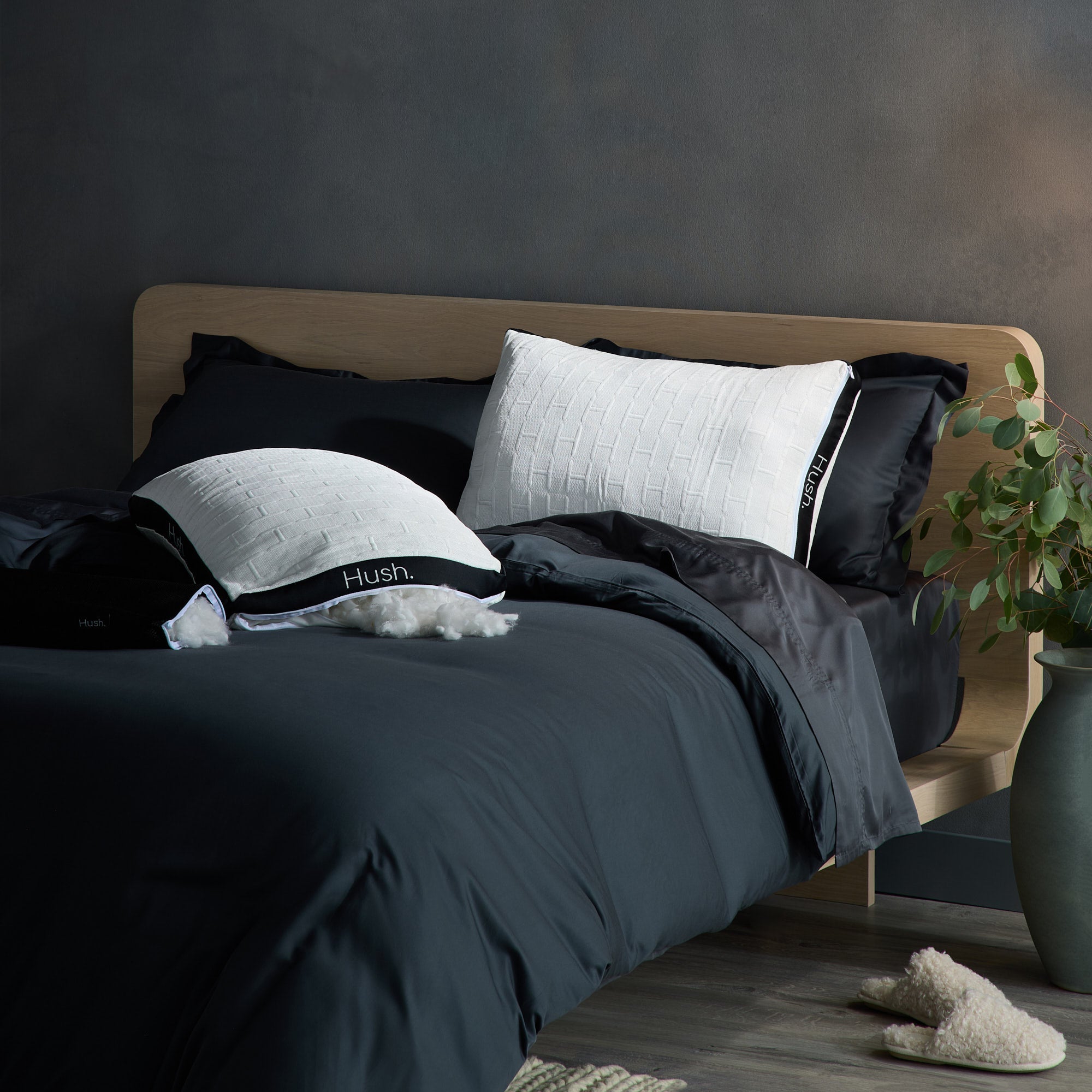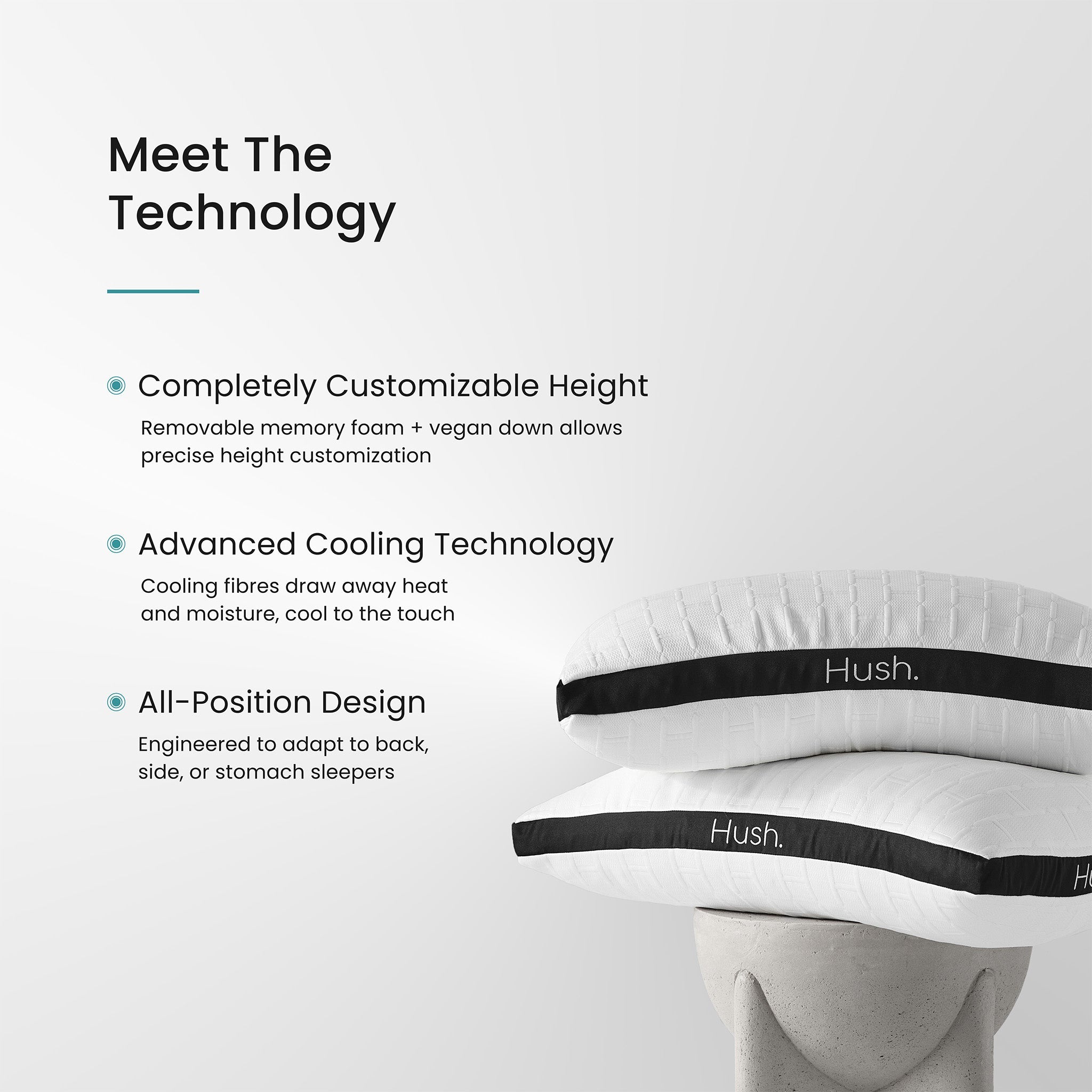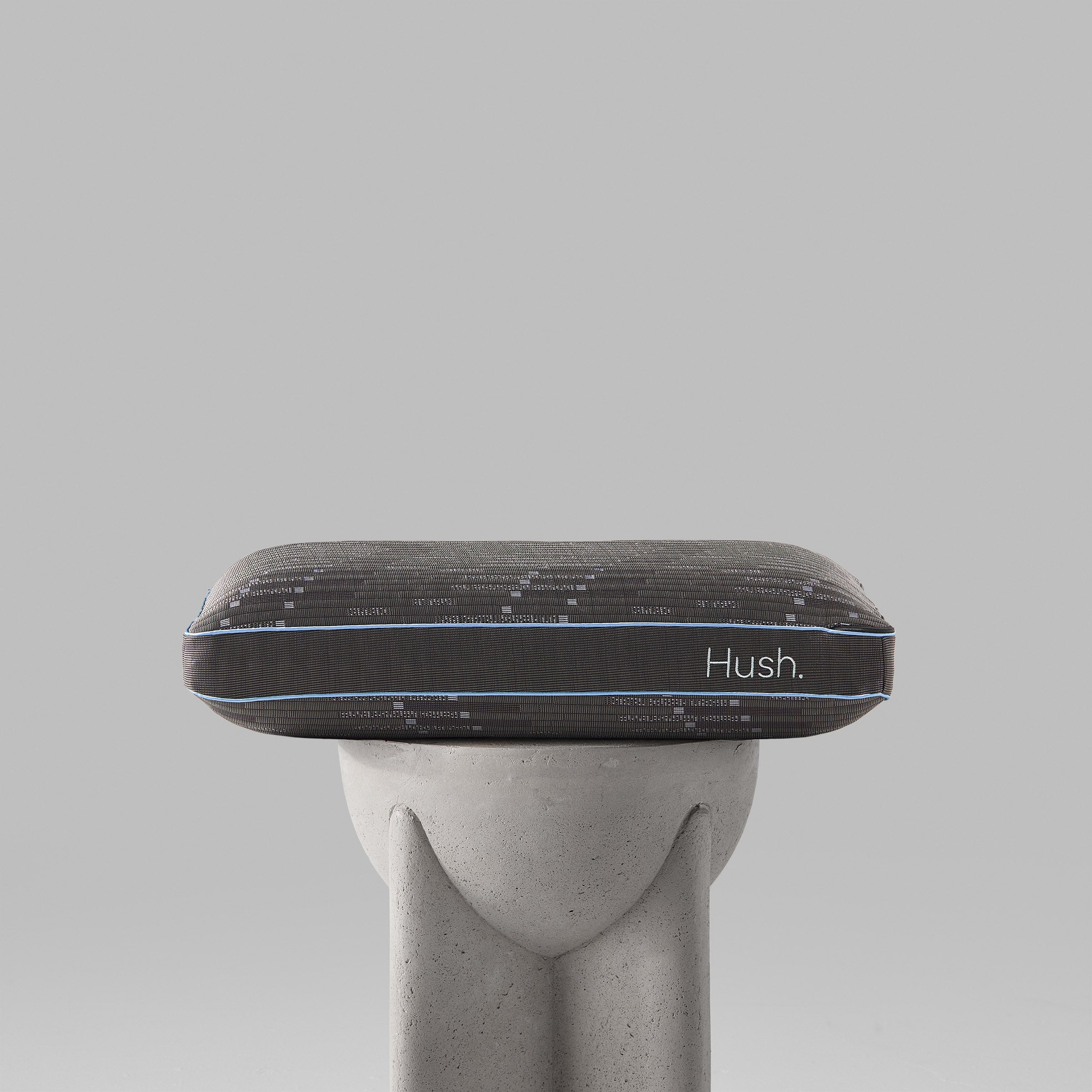
Have you ever tried to sleep on a sagging mattress while your roommates are throwing a party in the next room? Or tried to go to bed after chugging energy drinks as you wrapped up a project for work? Chances are, you didn’t sleep well — if at all. And poor sleep hygiene was to blame.
While poor sleep hygiene may not necessarily be a matter of cleanliness, there is no denying that it can have a significant impact on your ability to get quality sleep, leaving you feeling exhausted the next day.
If you want to enjoy better sleep, you need to develop good sleep hygiene. In this article, we'll take a closer look at what sleep hygiene is, why it matters, and how you can improve it so you can get a good night's sleep.
What Is Sleep Hygiene?

Sleep hygiene includes your sleep routine and your bedroom environment. With good sleep hygiene, these factors promote healthy sleep habits, such as falling asleep quickly and getting enough deep sleep. That way, you feel fully energized and refreshed when you wake up.
Unfortunately, many people don't have a routine or bedroom environment that allows them to get enough sleep. It's difficult to feel well rested when your mattress is hard and lumpy!
It is even harder to get enough hours of sleep if you drink caffeinated beverages or alcohol shortly before bedtime. Bad habits can disrupt your sleep patterns, throw off your sleep schedule, or keep you from getting quality sleep.
How Poor Sleep Hygiene Affects Your Quality of Life

When you have poor sleep hygiene, it might be difficult to fall asleep, or you may wake up frequently during the night.
We've all experienced this and felt absolutely miserable the next day. Those with consistently poor sleep hygiene will experience mounting fatigue that can eventually cause significant harm to their overall health.
To put things in perspective, it is estimated that insufficient sleep causes an annual economic loss of more than $411 billion in the United States. Drowsy driving also contributes to more than 6,000 fatal car accidents each year.
As scary as those statistics may sound, they don't even begin to measure how poor sleep hygiene can impact your well-being. Sure, daytime sleepiness can affect your performance at work or school. You won't be as alert, and you’ll likely have trouble concentrating or remembering information. You'll likely be too tired to exercise or participate in other activities.
Long-term, however, sleep deprivation has been linked to high blood pressure, heart attacks, diabetes, obesity, decreased sex drive, and depression and other mental health issues. Poor sleep also causes your body to produce more of the stress hormone cortisol.
Clearly, inadequate sleep hygiene has harmful consequences. Fortunately, improving your sleep hygiene is easier than you might think.
How to Improve Your Sleep Hygiene

Even when sleep problems result from a sleep disorder such as sleep apnea or insomnia, improving your bedtime routine can help you get better sleep. Of course, if you think you may have a sleep disorder, discuss your concerns with a medical professional to see if additional treatment is necessary.
The following sleep hygiene tips will help you create good habits and a better sleep environment so you can improve the quality of your sleep.
Create a Consistent Bedtime Routine
Consistency is key to helping your body's circadian rhythm match your desired bedtime. Go to bed at the same time each night — even on the weekends. Do the same things (like brushing your teeth and changing into PJs) each night as well. A consistent routine will help your body learn to associate your bedtime routine with sleep so it starts producing the sleep hormone melatonin.
Limit Screen Time Before Bed
Scrolling through your Instagram feed may be a nice way to unwind, but the blue light from your smartphone delays your body's nighttime melatonin production. According to the Sleep Foundation, smartphones and other electronic devices also increase mental stimulation and wakefulness, which makes it harder to fall asleep. To avoid this, turn off devices at least a half hour before bed.
Plan a Wind-Down Period
To improve poor sleep hygiene, replace screen time with relaxing activities. For example, taking a warm bath while listening to calming music is a great way to destress.After the warm water raises your body temperature, your body cools quickly when you get out. This imitates the natural cooling that occurs as your body gets ready for sleep, which can help you feel more tired. Other good wind-down activities include reading, journaling, or meditating.
Upgrade Your Bedding
It shouldn't be a surprise that 92% of people in a Sleep Foundation poll said a comfortable mattress was important for them to sleep well. Yet many people continue to toss and turn on an old, uncomfortable mattress. Generally speaking, you should replace your mattress after eight years. But if it's noticeably saggy or negatively impacting your sleep, you should replace it sooner.
In addition to a new mattress, many people find a weighted blanket helps them fall asleep quicker. The gentle weight of the blanket can increase both your amount of sleep and quality of sleep.
Block Light and Noise
Bright light and a noisy environment are major contributors to poor sleep hygiene by causing sleep disturbances. While you can't always control these elements (particularly if you live with rambunctious roommates), you can minimize their impact on your sleep.
For example, you can reduce outside light with the help of a blackout curtain or a blackout eye mask. To reduce noise, consider wearing earplugs or using a white noise machine. Earplugs help block noise, while a white noise machine creates a steady, soothing background noise (like static or ocean waves) to cover up irregular sounds.
Exercise
Regular exercise may not necessarily be part of your sleep routine, but it can have a major impact on your overall sleep hygiene. Consistent moderate or vigorous exercise can help you fall asleep quickly. When people don’t exercise regularly, they report getting less quality sleep.
However, avoid vigorous exercise during the three hours before you go to sleep. Your elevated adrenaline, heart rate, and body temperature could make it harder to fall asleep.
Watch When You Eat
Both the type of food you eat — and when you eat it — can affect your sleep hygiene. It is generally recommended to avoid eating your last meal (or even a snack) less than three hours before bedtime.
When you eat too close to bedtime, your body can't fully digest food, making you more likely to suffer from heartburn and insomnia. Eating also causes your body to produce insulin, making you feel more awake. So put away that bag of chips or bowl of cereal!
Enjoy Better Sleep With a Hush Weighted Blanket

Sleep hygiene may not be as obvious as something like brushing your teeth or washing your hands, but there is no denying the huge impact they can have on your health. By improving both your pre-bedtime habits and the bedroom environment itself, you can get the quality sleep you need.
If you need some extra help going to sleep, a Hush Weighted Blanket could be just what you need. The gentle weight of these blankets uses the power of deep touch pressure therapy to create a soothing sensation that drives away anxiety so you can fall asleep quickly.
Our weighted blankets can help you relax and fall asleep. By improving both your sleep environment and your personal sleep hygiene practices, you'll wake up feeling refreshed and ready to take on the next day.






